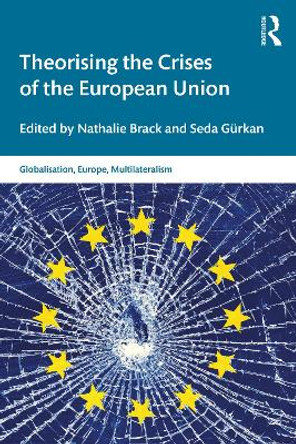Description
This book makes a distinctive contribution to the crucial debate on the European Union (EU)'s present and future development.
It systematically examines how the range of crises and challenges over the last decade have transformed the EU and relates those findings to the discussion of an increasingly differentiated EU. It argues that the post-crises EU shows clear signs of becoming a segmented political order with in-built biases and constraints. The book spells out the key features of such an order in ideational and structural terms and shows how it more concretely manifests itself in the EU's institutional and constitutional make-up and in how member states constrain and condition EU action. Different states impose different types of constraints, as is underlined through paying explicit attention to the Visegrad countries.
This book will be of key interest to scholars and students of EU politics/studies, European integration and politics, East European politics and foreign policy.
About the Author
Jozef Batora is Professor at the Department of Political Science, Faculty of Arts, Comenius University in Bratislava, Slovakia, and at the International Relations Department, Webster Vienna Private University, Austria.
John Erik Fossum is Professor at the ARENA Centre for European Studies, University of Oslo, Norway.
Reviews
This collection foregrounds the institutional fault lines, ideas and ideologies that make today's EU a uniquely "segmented" political order. Its thought-provoking contributions help us see that different aspects of European governance are simultaneously moving in several different directions - and that this has major consequences for how we understand its whole system. - Craig Parsons, University of Oregon, USA.
Book Information
ISBN 9781138495333
Author Jozef Batora
Format Paperback
Page Count 290
Imprint Routledge
Publisher Taylor & Francis Ltd
Weight(grams) 476g











